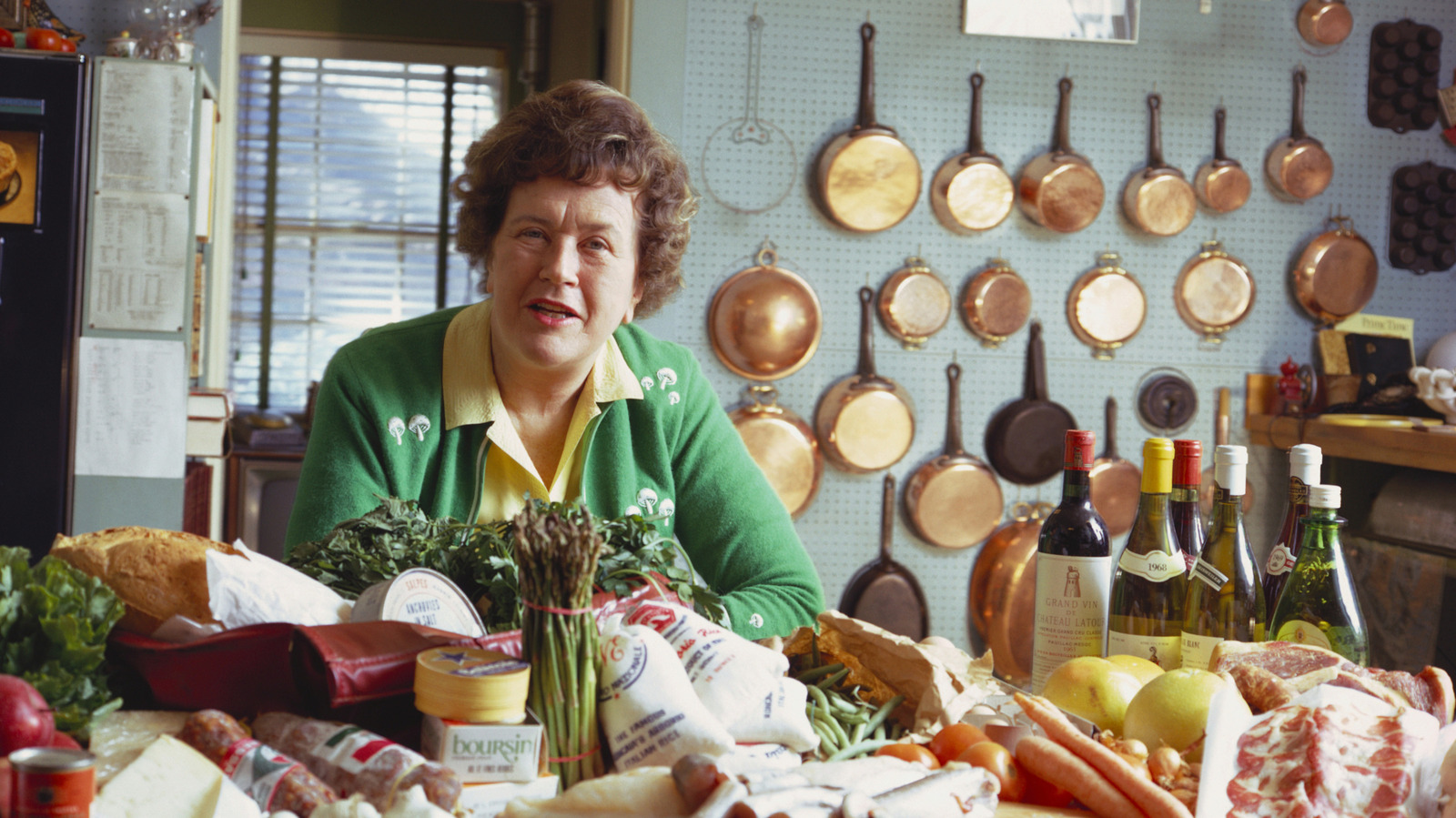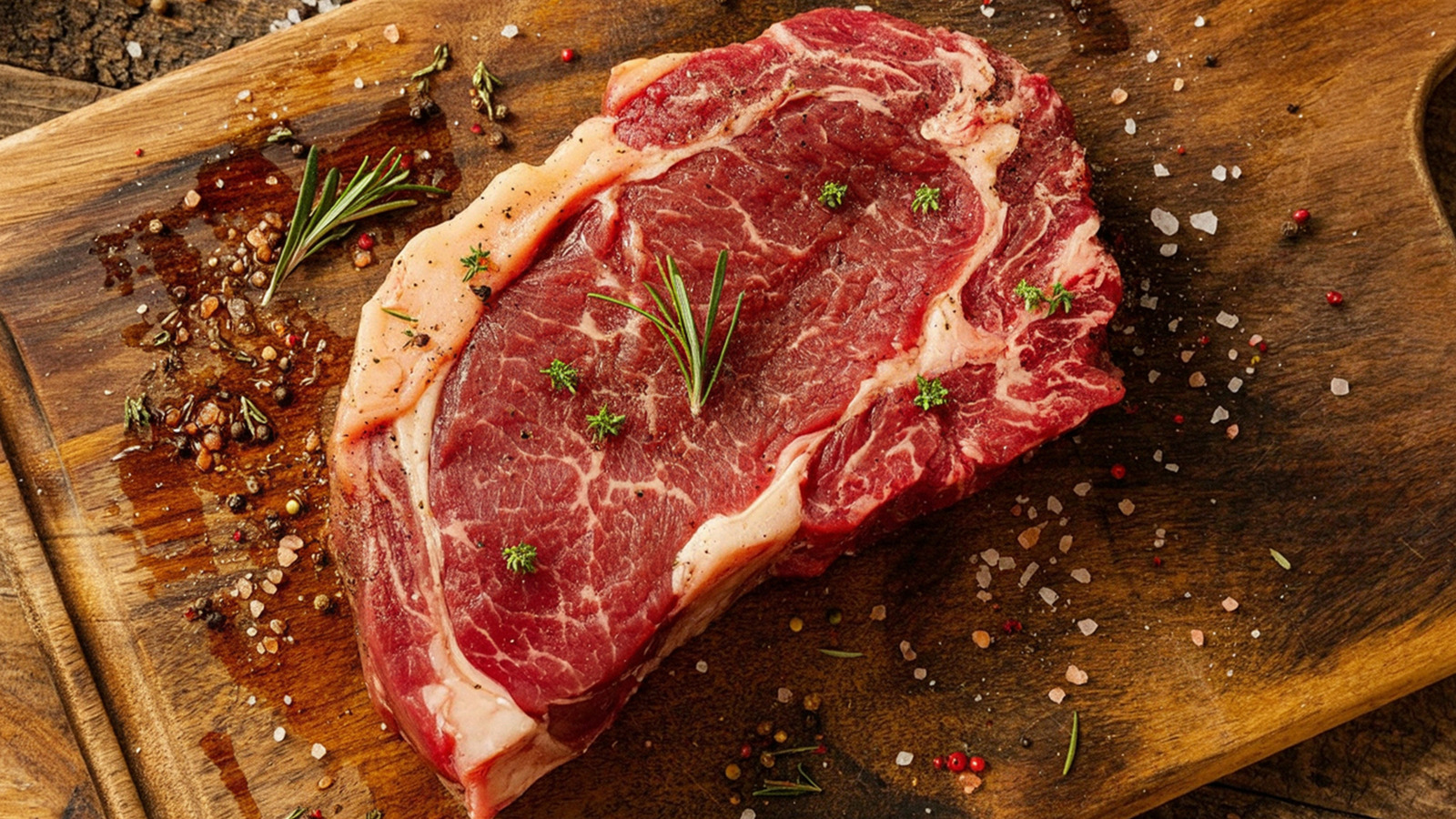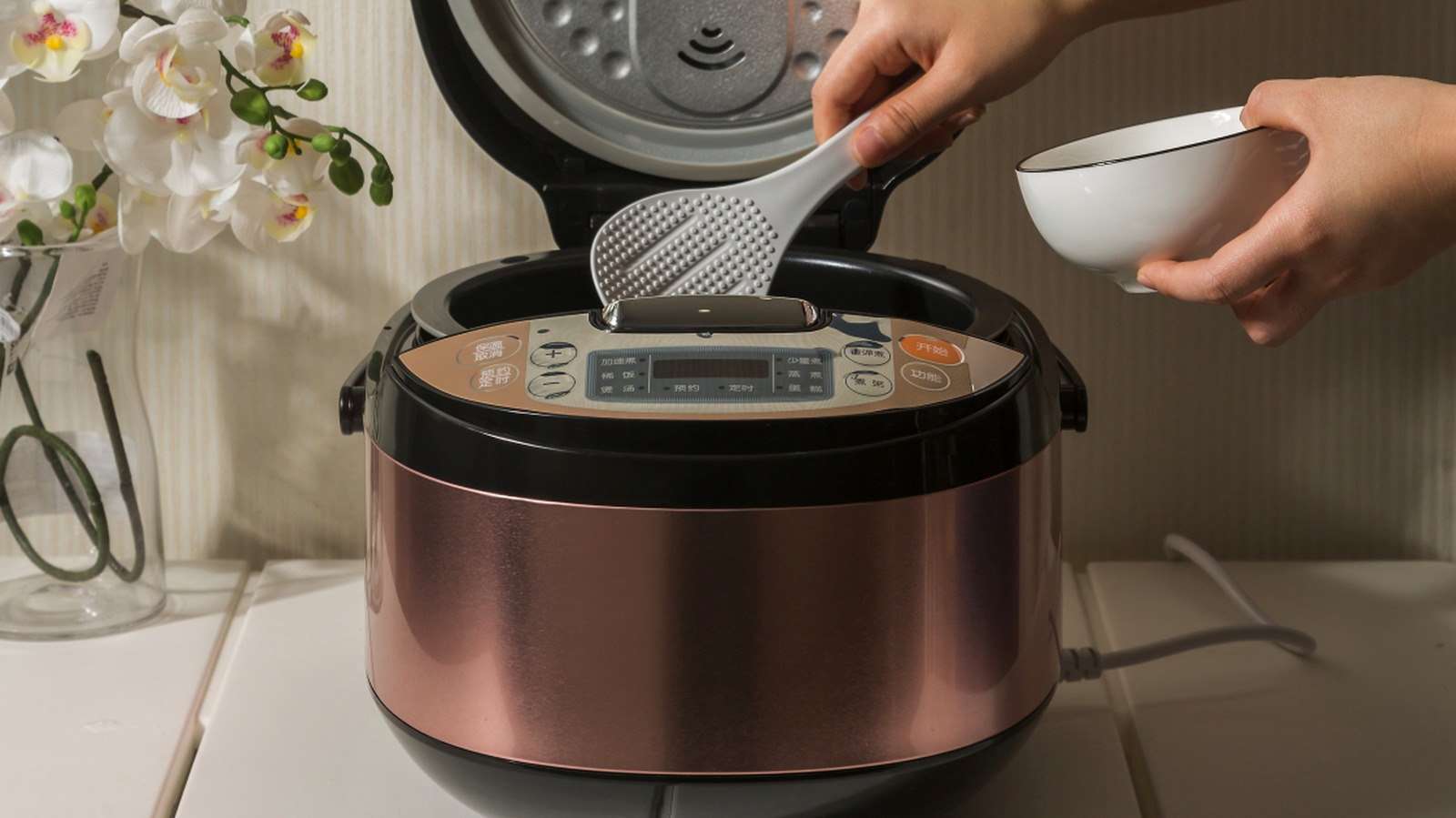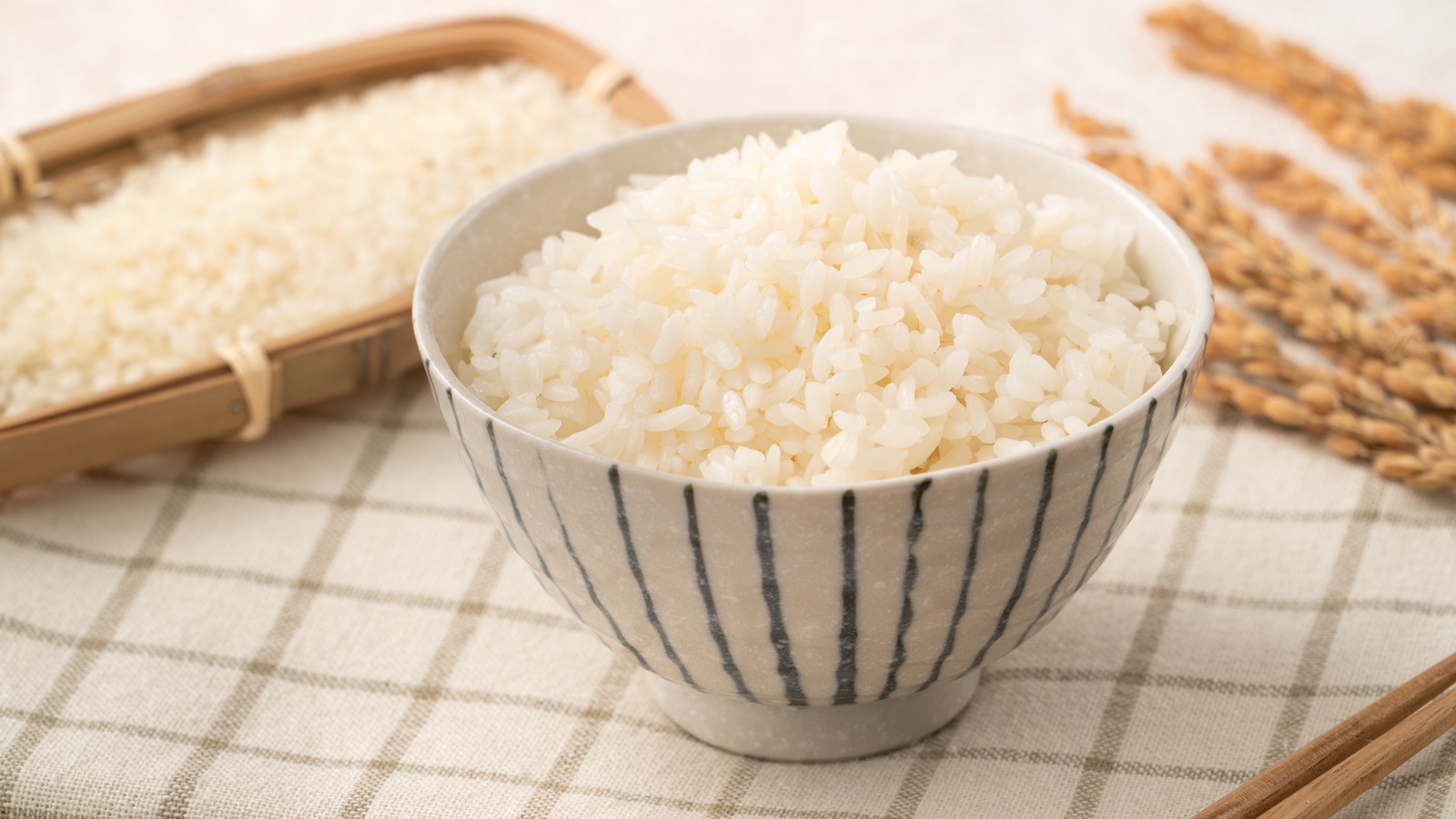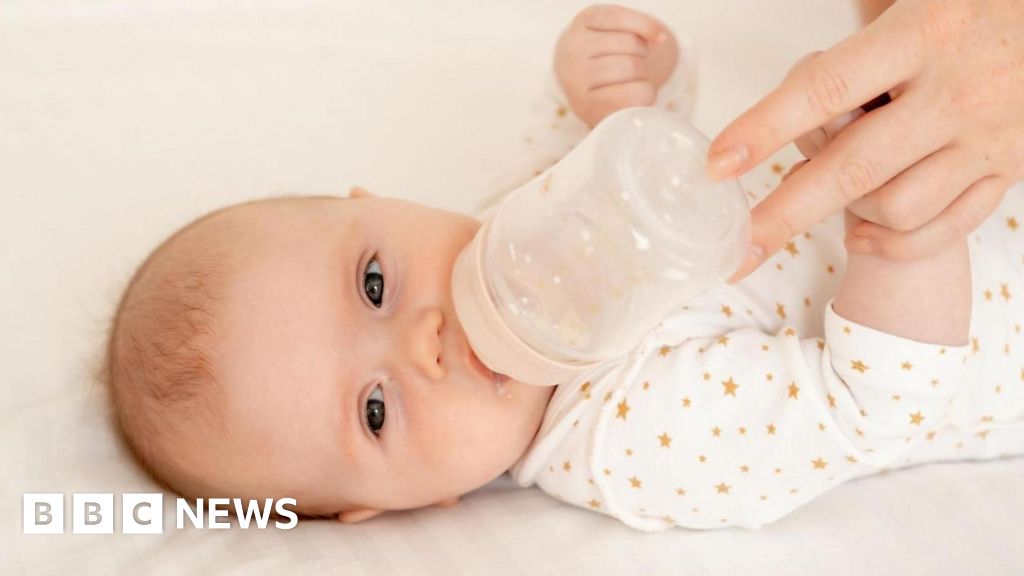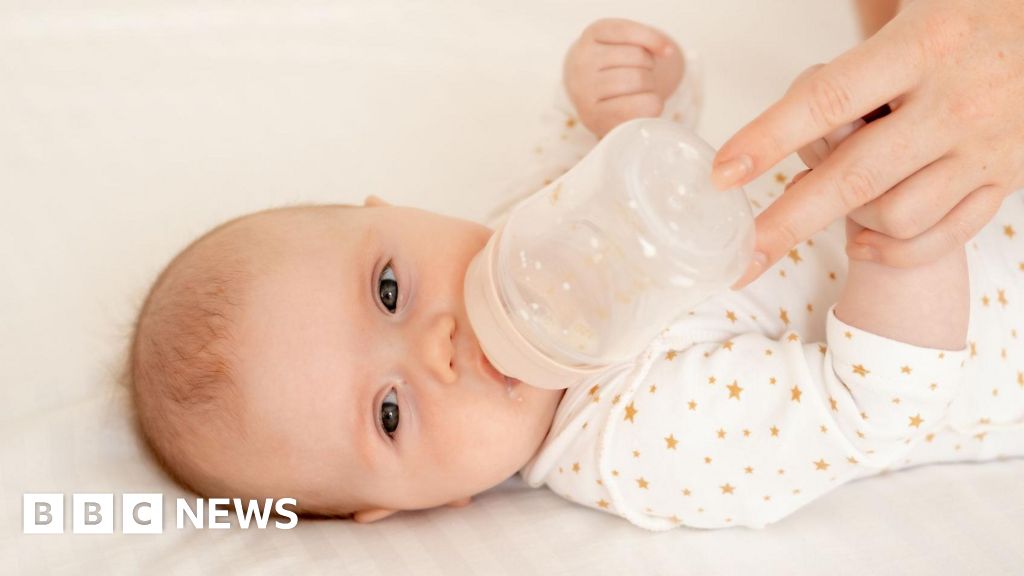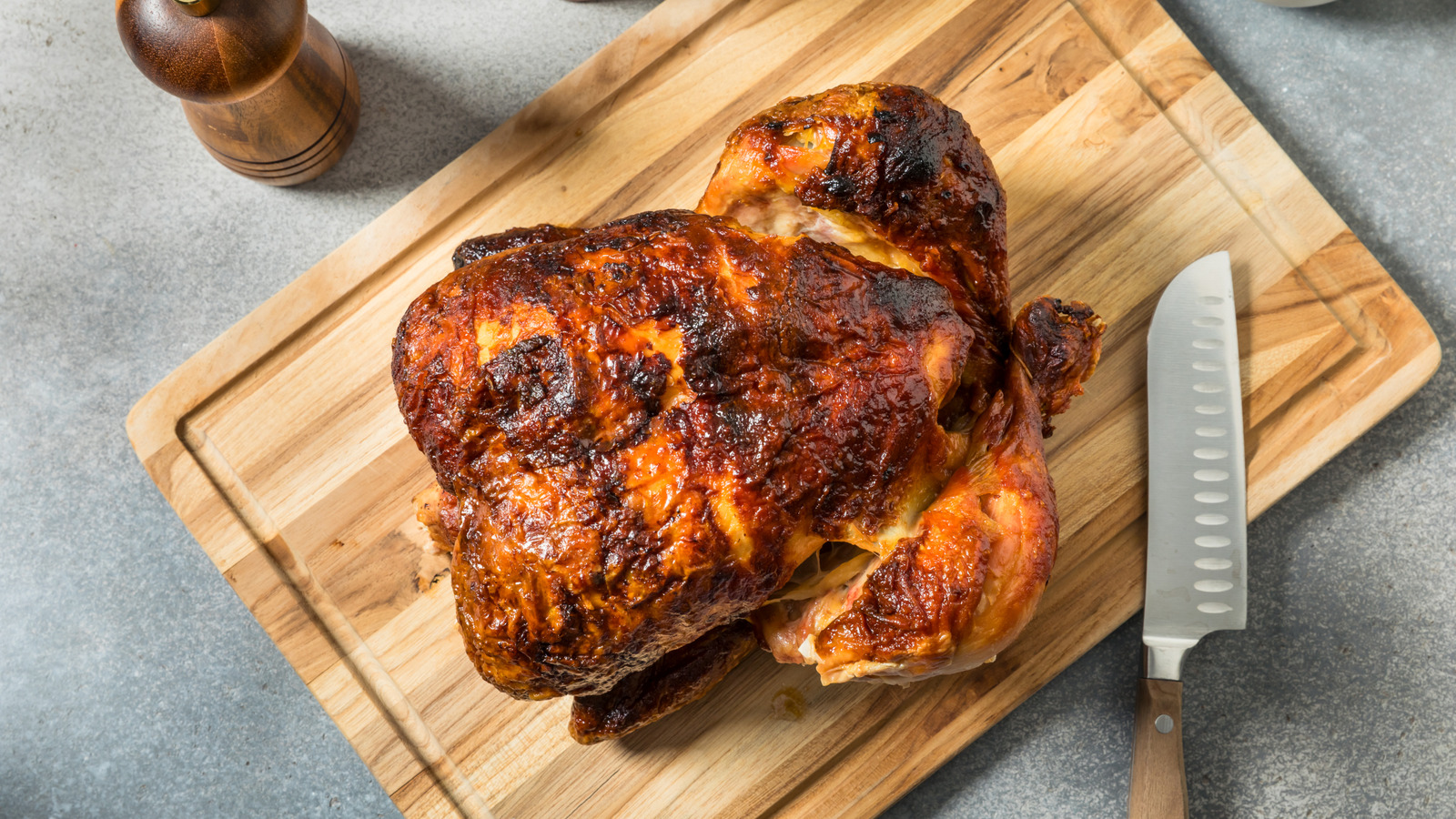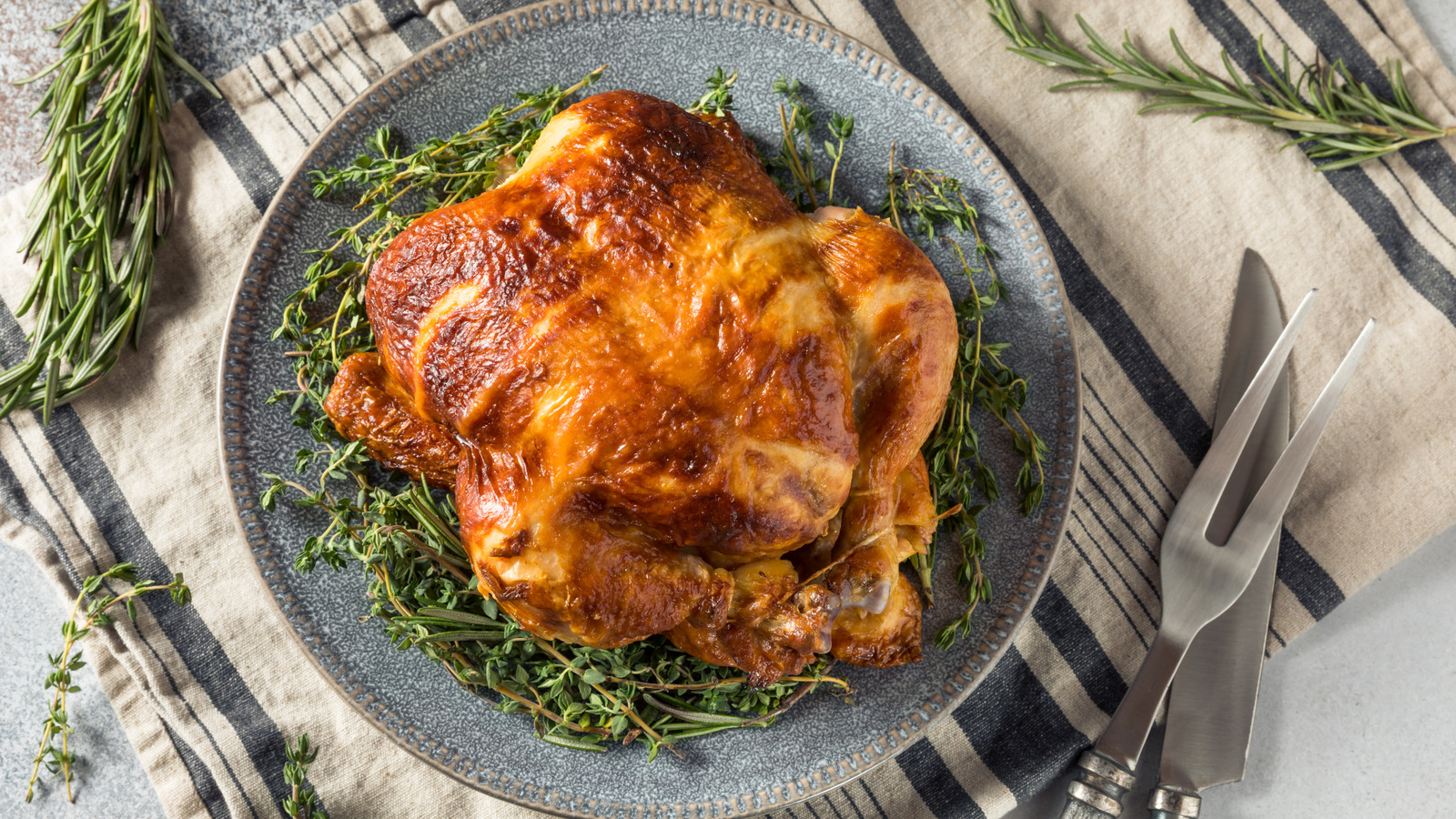fromLondon Business News | Londonlovesbusiness.com
1 month agoFood safety and compliance: How smart refrigeration protects your business - London Business News | Londonlovesbusiness.com
Refrigeration is one of the most important elements of a successful food safety program, regardless of whether you run a retail operation, catering service or restaurant. Smart refrigeration technologies allow for greater protection against spoilage, reduced time spent monitoring refrigerators/freezers and the ability to provide inspections without the need for manual monitoring. Keep reading to find out how smart refrigeration technology works, and the ways in which it protects your business.
